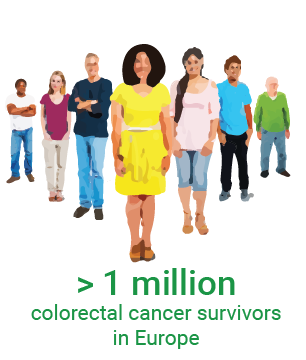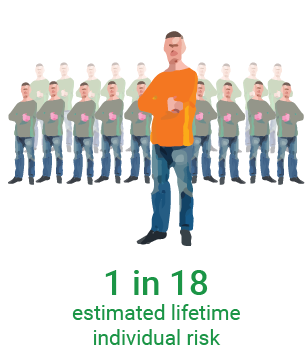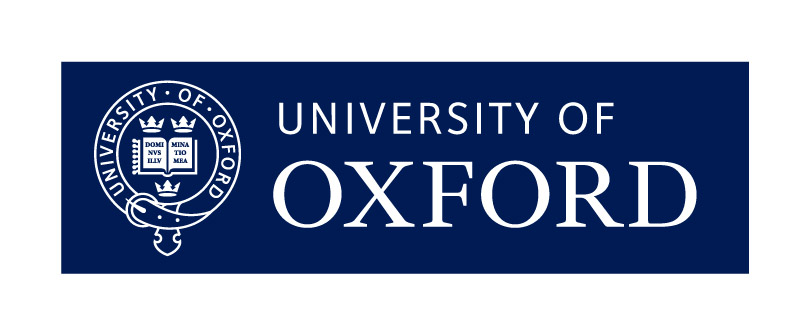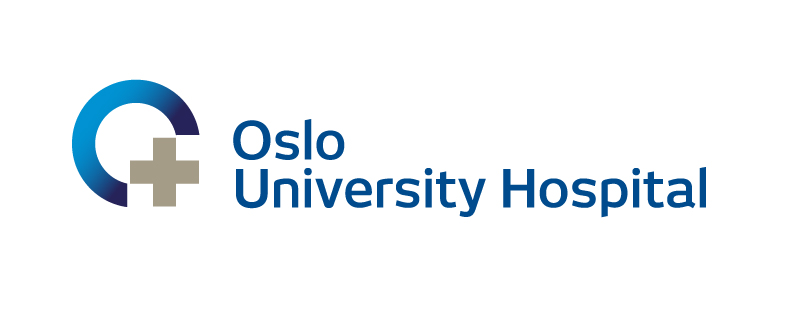CRC Network
The Colorectal Cancer Research Network has been an international collaboration working towards increased understanding of the mechanisms behind colorectal cancer, with the aim of improving treatment options.
The Founders are (and were) connected to two of the leading Universities in the UK and the Institute for Cancer Genetics and Informatics at Oslo University hospital. As of August 2024, the CRC Network will no longer host meetings. collaborations which have been fostered will continue. Thanks for joining our events.
Previous meetings
2023
Postponed by a worldwide pandemic, the fifth Network meeting was finally held at the end of March 2023. The topics were biology and management of colorectal cancer. Scholars and other attendees from near and far benefitted from the intimate atmosphere of the Queen's College in Oxford, enabling discussion and potential collaborations.
2019
For the fourth Network meeting held in the end of March 2019, Stem cells and New Technologies were the topics. The beautiful Shulman auditorium at the Queen's College in Oxford was chosen as the meeting venue.
2017
In March 2017 the third Network meeting was a joint event with the inauguration of the Oxford Centre for Cancer Gene Research. The meeting was hosted at the Queen's College in Oxford, with attendees from several countries, universities and research institutes.
2015
The second CRC Network meeting was held in the historic surroundings of the Queen's College in Oxford, 19th - 20th March 2015.
Among the speakers were the founders of the CRC Network, as well as other researchers on colorectal cancer; Charles Swanton, Ragnhild A. Lohte, Ricky Sharma, Andrew Reynolds, Simon Leedham, Oliver Sieber, Enric Domingo, James M. Franklin, Anita Sveen, Arild Nesbakken and Bjørn Atle Bjørnbeth.
2013
The very first network meeting was arranged at Oslo University Hospital, Radiumhospitalet, 5th September 2013, and the CRC Network was formally created. The seminar "Detecting and Managing Colorectal Cancer" was held in the new research building at The Norwegian Radium Hospital.
The Founders of the CRC Network
After many years collaboration, several studies and multiple papers on colorectal cancer, the four Professors decided in 2016 to establish the CRC Network. Getting together, learning from acknowledged experts, discussing face to face and sharing thoughts, ideas flourish and solutions for patients suffering from Colorectal cancer are explored.
Professor David Kerr
CBE MA MD DSc FRCP (Glas, Edin &Lon) FRCGP (Hon)FMedSci

Professor Marco Novelli
MBChB PhD FRCPath

Professor Ian Tomlinson
MA, PhD, BM, BCh FRCPath FMedSci

Professor Håvard E. Danielsen
PhD (Med), Leader of the CRC network
About Colorectal Cancer
Colorectal cancer is also known as colon cancer, rectal cancer or bowel cancer and is the development of cancer in the colon or rectum (parts of the large intestine).
Symptoms may include blood in the stool, a change in bowel movements, weight loss, and constant fatigue.
Risk factors for colorectal cancer include lifestyle, older age, and inherited genetic disorders. Other risk factors include diet, smoking, alcohol, lack of physical activity, family history of colon cancer and colon polyps, presence of colon polyps, race, exposure to radiation, and even other diseases such as diabetes and obesity. Genetic disorders only occur in a small fraction of the population. Other diseases such as inflammatory bowel disease, which includes Crohn's disease and ulcerative colitis, can increase the risk of colorectal cancer.
Bowel cancer may be diagnosed by obtaining a sample of the colon during a sigmoidoscopy or colonoscopy. Screening is recommended starting from the age of 50 to 75 and is effective for preventing and decreasing deaths from colorectal cancer.



Treatments used for colorectal cancer may include some combination of surgery, radiation therapy, chemotherapy and targeted therapy. Cancers that are confined within the wall of the colon may be curable with surgery while cancer that has spread widely are usually not curable, with management focusing on improving quality of life and symptoms.
Globally, colorectal cancer is the third most common type of cancer making up about 10% of all cases. It is more common in developed countries, where more than 65% of cases are found, and less common in women than men.
Contact
Are you interested in joining the next CRC Meeting, contributing as a speaker, would you like to know more about the research on colorectal cancer or would just like to get in touch? Please send us a note.
Radiumhospitalet
Ullernchausséen 66, Oslo
contact@crcnetwork.net


